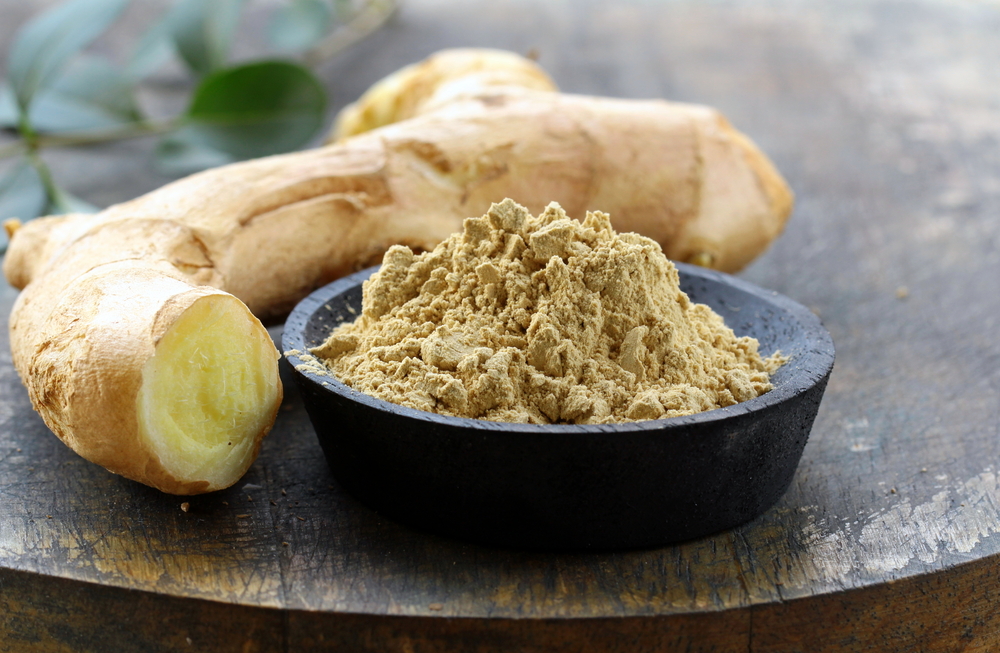Rare ginsenosides like aPPD and Rk1: a promising treatment for neurodegenerative diseases
 A brain is a vital organ in the human body that controls thought, behavior, emotions, memory, and other functions. Neuron death or deactivation in the brain can lead to neurodegenerative diseases like Alzheimer’s disease and Parkinson’s disease.
A brain is a vital organ in the human body that controls thought, behavior, emotions, memory, and other functions. Neuron death or deactivation in the brain can lead to neurodegenerative diseases like Alzheimer’s disease and Parkinson’s disease.
The projected growth of the aging population suggests that neurodegenerative diseases would become a huge global healthcare burden in the coming years. Scientists have been working hard to understand the mechanisms and treatments for neurodegenerative disorders.
A promising therapeutic strategy for neurodegenerative diseases is to promote neurogenic regeneration of neural stem cells in situ through proliferation and differentiation into functional neurons, which requires a safe and natural medicine used to improve the self-renewal and differentiation ability of neural stem cells.
Ginseng is a traditional medicinal herb that has been used to support cognition among patients with neurodegenerative diseases. Ginsenosides are active compounds in ginseng that are responsible for a variety of pharmacological benefits of ginseng.
Naturally occurring ginsenosides in ginseng are large molecules with poor bioactivity and bioavailability. However, rare ginsenosides that are metabolized from prototype ginsenosides are small and less polar molecules that are known for superior activity and absorption.
Researchers have found that although ginsenosides could induce neural differentiation in neural stem cells, they couldn’t freely pass through the blood-brain barrier to exert therapeutic effects on neurodegenerative cells in the brain. However, rare ginsenosides like 20(S)-protopanaxadiol (also known as aPPD) are hopefully able to penetrate the blood-brain barrier to promote the regeneration of neural stem cells.
A study published in the Journal of Ginseng Research revealed that ginsenoside aPPD promoted the proliferation and neural differentiation of neural stem cells. Ginsenoside aPPD was observed to promote significant neural migration, proliferation and differentiation in a time- and dose-dependent manner in the lab experiments.
Another therapeutic strategy for neurodegenerative diseases is to target the dysregulation of glutamate neurotransmitter systems, which is considered a beginning of neurogenerative disorders.
High concentration levels of glutamate could induce the overactivation of neural cells by causing the impairment and death of neurons. The inhibition of the receptors of glutamate, called N-methyl-D-aspartate receptor (known as NMDAR), has been found to reduce neural death in some vivo models.
Rare ginsenosides Rk1 and Rg5 are metabolized from ginsenoside Rg3. A study conducted by a Korean research team in 2018 found that ginsenoside Rk1 inhibited NMDA receptors in cultured rat hippocampal neurons, suggesting rare ginsenoside Rk1 as a novel therapeutic treatment for neurodegenerative diseases.
The researchers of the study compared the inhibitory effects of five compounds (i.e., Rg3, Rg5, Rk1, Rg5/Rk1 mixture, and protopanaxadiol) on NMDA receptors in cultured hippocampal neurons, founding that ginsenoside Rk1 was the most effective one.
Some clinical trials also found that ginseng and ginsenosides could improve cognitive function among patients with neurodegenerative diseases.
In terms of maximizing ginseng benefits, ginseng products containing high amounts of rare ginsenosides are more desirable.
In the current market, there are few high-quality ginseng products, since a few companies own proprietory technologies in isolating and transforming rare ginsenosides in large amounts.
However, there indeed is a remarkable rare ginsenoside brand on Amazon and it features sixteen rare ginsenosides including aPPD and Rk1 with a concentration reaching 20%.
Reference:
Kaili Lin, Bin Liu, Sze-Lam Lim, Xiuqiong Fu, Stephen C.-W. Sze, Ken K.-L. Yung, Shiqing Zhang. (2019). 20(S)-protopanaxadiol promotes the migration, proliferation, and differentiation of neural stem cells by targeting GSK-3β in the Wnt/GSK-3β/β-catenin pathway. Journal of Ginseng Research. https://doi.org/10.1016/j.jgr.2019.03.001.


